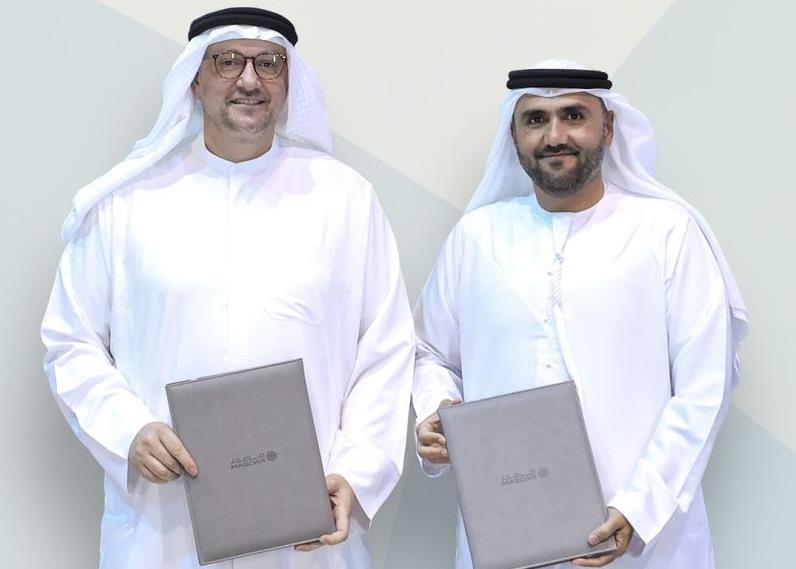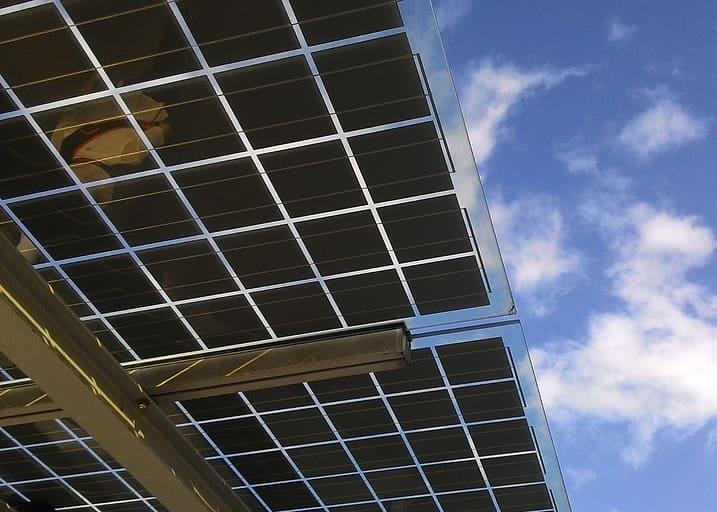
FIVE years after privatisation, the UK's largest electricity generator has fixed its gaze firmly on the Middle East. Armed with a healthy balance sheet and recent experience of developing private power projects elsewhere, National Power is targeting the Gulf from recently opened offices in Abu Dhabi and Dubai.
'We want to use our involvement in the Pakistan Hub project as a springboard into the region,' says National Power's regional director Paul Bennett. 'In several Gulf states, there is now the political will at the very highest level for greater private participation in the sector.' National Power is convinced that the Gulf could be the next region to embrace the concept of the independent power producer (IPP).
Since the state-owned Central Electricity Generating Board (CEGB) in the UK was broken up in 1991 National Power has had little option but to seek out new markets overseas. In the home market, where it operates over 20,000 MW of generating capacity, competition has been intensifying, even though demand for electricity has remained sluggish.
'The opportunity to expand further in the UK is almost zero, particularly as we have invested heavily in new combinedcycle plants,' Bennett explains. 'We therefore decided that the best prospects for growth would come trom moving into selected markets overseas.' The company has built up interests in 4,000 MW of generating capacity in Europe, the US and Asia. Its largest undertaking has been the 1,292-MW Hub project, where it is the biggest shareholder with a 25 per cent stake and an investment of over $100 million. 'Hub has been the big one,' says Bennett. 'We have not only proved that we could deal with complicated financial engineering, but also we could commit considerable equity.' While company officials are wary of holding up Hub as a blueprint for private sector projects elsewhere, it did have several features that could be of direct relevance to the Gulf. Financing is an obvious example. The developers suc ceeded in raising $100 million of Islamic finance locally as part of the overall financing package. The deal set a precedent by obtaining religious approval for Islamic finance to be employed alongside non-Islamic finance in a project financing arrangement.
Hub also proved that it was possible for an infrastructure project to raise funds from the local debt equity market. A $30 million offering for Hub was substantially oversubscribed, revealing enormous local investor enthusiasm and proving something of a catalyst in the development of the Karachi stock exchange.
Private potential Having earned its spurs in Pakistan, National Power is now hoping to use this experience in the Gulf. The company sees potential for its services and a region that is becoming more receptive to the potential of the private sector. Oman and Bahrain are already committed to IPPs to meet soaring electricity demand. In the UAE, the authorities are considering greater private sector involvement to assist in the reform of existing institutions.
Corporate curiosity has also been stirred by increases in electricity charges over the past 18 months, Bennett says. 'For many years, interest in the region was curtailed by the low electricity tariffs. Recently, we have seen major tariff increases in states like the UAE and Saudi Arabia, which means that now the prices charged are not too far from the actual cost of production.' The company is interested in developing medium-to-large-scale projects. 'The experience of Hub has taught us that the very large projects can be glamorous, but that every additional megawatt creates more financing burdens,' says Bennett.
'Something in the order of 300-400 MW would be ideal.' Power projects with a combined desalination capability are also under consideration. While the larger projects will inevitably demand some debt financing, smaller schemes should prove more straightforward. 'We have a strong balance sheet and we intend to use it,' he says.
The recent opening of two regional offices in the UAE will provide a platform for the company to target several markets in the region. There are prospects in Bahrain and Oman as well as the UAE. The Barqa project in Oman is seen as a priority.
National Power will also market its consultancy services to selected regional clients as part of its drive to develop relations with key players in the market.
National Power is not alone among UK energy companies in stepping up its activities in the Middle East power sector. The UK's other leading electricity generator, PowerGen, is pursuing a similar policy, while British Gas is locked in discussions with the Bahraini government over the planned $600 million power and desalination complex at Hidd.
All three companies have first hand experience of privatisation and see a bright future ahead for the IPP model in the Middle East. 'Within certain ministries, there isn't necessarily the support yet for IPP,' Bennett says. 'It was the same in the UK. But what we saw there, is that once the political decision is taken at the highest level, the rest falls into place fairly easily.'
You might also like...

Neom seeks to raise funds in $1.3bn sukuk sale
19 April 2024

Saudi firm advances Neutral Zone real estate plans
19 April 2024

Algeria signs oil deal with Swedish company
19 April 2024

Masdar and Etihad plan pumped hydro project
19 April 2024
A MEED Subscription...
Subscribe or upgrade your current MEED.com package to support your strategic planning with the MENA region’s best source of business information. Proceed to our online shop below to find out more about the features in each package.




